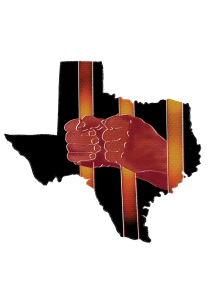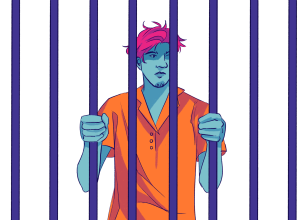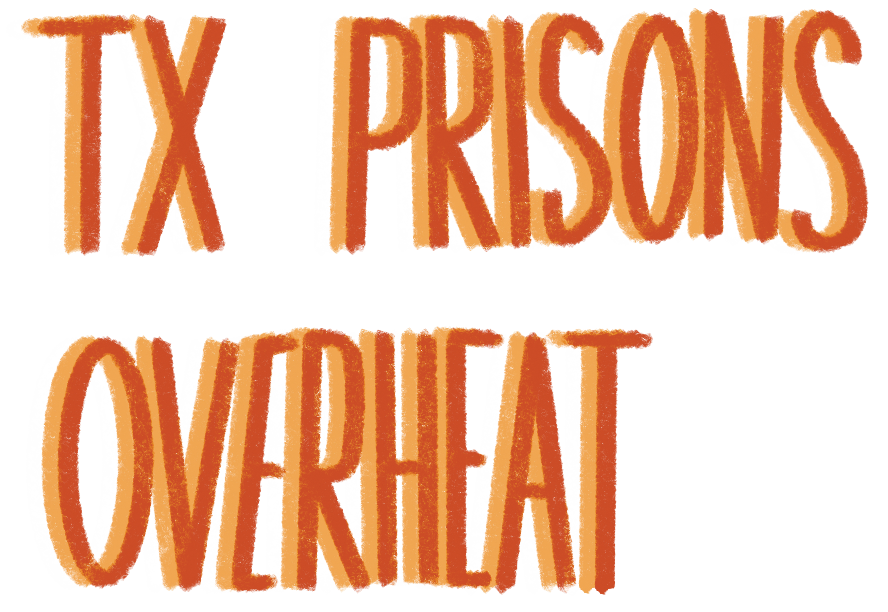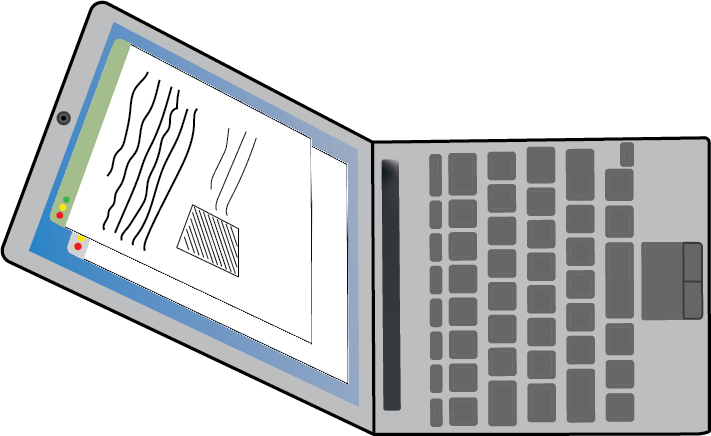Blistering Texas summer heat: it’s what we are known for. According to the Texas Tribune, this summer hit a second-time high streak of days without temperatures below a hundred degrees—40 days. Most Texans try to stay inside with AC or swim during those summer months. But what about those Texans who can’t leave—those who have state-limited autonomy? According to PBS, 44 states in the U.S. do not have AC in any of their prisons, including 10 southern states. Being incarcerated means that you become the state’s responsibility. These are people who are having their human rights violated by the state. All people in the United States are owed life, liberty, and the pursuit of happiness. Why should the state have the power to take away the rights of criminals? If one is not sentenced to death, the prison system owes it to that person to keep them alive.
The Lone Star State is no exception to not maintaining livable conditions for its inmates. The Journal of the American Medical Association shows that from 2001 to 2019, there has been an average of 14 deaths per year in Texas prisons due to the heat. When taking into consideration that those are only the cases reported, one can assume that many more have lost their lives due to the extreme heat.

In an interview with PBS News, Norma Bienrostro, the mother of a man convicted for 15 years, mentions that the prisons can get up to 120-130 degrees. “My heart aches when I see him… there’s nothing I can do to help him,” she said. To have a child taken away and put in inhumane conditions with no way to help must be heartbreaking. According to Architectural Digest, prisons are predominantly made out of highly insulating materials like concrete and steel. So when Texas residents are complaining about the 107-degree weather, the inmates could be subjected to heat up to 40 degrees higher. This could lead to complications such as heatstroke, heat rash, fainting, and much more. The prison system is currently willfully killing inmates by choosing not to install AC.
The director of communications for the Texas Criminal Justice Department released a statement about the situation, saying that in response to the deaths, the state is testing for heat sensitivity in their prisoners. Heat sensitivity means that someone reacts poorly to high temperatures that most can withstand. It is fair to say that all people become “heat-sensitive” when they are in a low-ventilation concrete box with 120+ degrees of heat. TIME magazine has reported that heat tolerance declines after many days of exposure—far less than the months inmates are subjected to during the summer.

Another effect of the heat in prisons is a higher suicide rate according to PBS. Many antipsychotics are proven to negatively affect the body’s heat sensitivity. Prisoners are choosing to go off their medications hoping that this will help them survive the heat, but without these medications, they are suffering mental health crises. Additionally, the National Alliance of Mental Illness (NAMI), has said that those who experience any mental health problems in prison are far more likely to be subjected to solitary confinement, which the United Nations (U.N.) has labeled as torture.

The state needs to take accountability for the State Sanctioned reckless manslaughter that has been taking place in our prisons and start protecting prisoners, namely, by installing AC. Our nation must honor our agreements and so-called dedication to human rights. In what will be 33 years ago as of December 19th, 2023, the General Assembly resolution 45/111 of the U.N. was adopted, stating that “all prisoners shall be treated with the respect due to their inherent dignity and value as human beings” and that “all prisoners shall retain the human rights and fundamental freedoms set out in the Universal Declaration of Human Rights.” These fundamental freedoms include our Uncle Sam values of life, liberty, and happiness as previously mentioned, as well as Articles 4, 5, and 25 of the declaration, including freedom from slavery, freedom from torture, and a decent standard of living. Furthermore, Articles 29 and 30 states that we have a duty to others to protect their rights and that no one (including a state) can take these freedoms away.
Prison is not meant to be comfortable, but this situation is past the point of comfort. These are people’s lives. We have a duty to these prisoners because they are people. Unless we make strides to protect the rights of those that many are willing to turn a blind eye to, the U.S. cannot call itself the Nation of Freedom. Ultimately, when the state deems that someone needs to be under their supervision, that person is owed protection.






